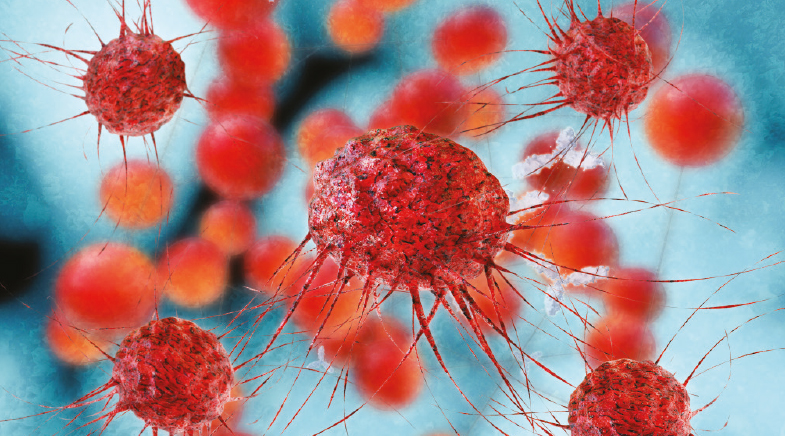'Kelling' it softly with thiorphan
-
- from Shaastra :: vol 04 issue 05 :: Jun 2025

A new antimalarial strategy focuses on the host and not the parasite.
Scientists from the New Delhi-based Jawaharlal Nehru University (JNU) and the Indian Institute of Technology Kanpur are working on a new antimalarial strategy. They have demonstrated in mice how thiorphan and its prodrug racecadotril show antimalarial properties by reducing the activity of a particular human blood antigen essential for the replication of the malarial Plasmodium parasite.
Parasites and hosts share a unique relationship: the former infects the latter and uses its machinery to multiply. So far, efforts to treat malaria infections have rested on developing drugs that target parasites. However, this has led to drug-resistant malaria strains as Plasmodium parasites evolve. JNU Professor Shailja Singh outlines another approach. "If I target the host, the parasite has no control over the host protein," she says. Her strategy involves identifying and targeting a host determinant, essential for parasite growth and development, but not for the host.
The team showed that the Plasmodium invasion efficiency reduced when the blood cells were treated with thiorphan, which targets the Kell antigen's activity.
In their previous studies, Singh's team had identified one such blood protein, a Kell antigen. To gain more insights, the team with expertise in pathogen biology collaborated with Sivaprakash Ramalingam's IIT Kanpur lab, which is proficient in host biology. "We asked whether the Kell antigen had any functional role for the Plasmodium invasion," says Ramalingam. In Communications Biology (bit.ly/host-antimalarial), the scientists reported that they disrupted the Kell gene via gene editing so that it was no longer present over the red blood cells. Infecting such Kell-deficient red blood cells with Plasmodium showed a drop in the Plasmodium invasion efficiency by 60%, indicating that the antigen was a part of an essential pathway through which the Plasmodium replicated. The team showed that the Plasmodium invasion efficiency was reduced when the blood cells were treated with thiorphan, which targets the antigen's activity. The team also administered thiorphan and racecadotril — a commonly used diarrhoeal drug that breaks down to thiorphan in the body — to Plasmodium-infected mice and found that the drugs individually were effective in decreasing the parasite's efficiency in invading the blood cells.
However, Jyoti Das, Scientist at the New Delhi-based National Institute of Malaria Research, doubts whether racecadotril can be used as an antimalarial drug given that it does not completely block the Plasmodium invasion pathway. On the other hand, Pawan Malhotra, Emeritus Scientist at the New Delhi-based International Centre for Genetic Engineering and Biotechnology, who is also not associated with the study, says that the study adds to the list of receptors on human erythrocytes that Plasmodium uses for its invasion of red blood cells and also provides host targets for new antimalarial discovery.
Have a
story idea?
Tell us.
Do you have a recent research paper or an idea for a science/technology-themed article that you'd like to tell us about?
GET IN TOUCH














